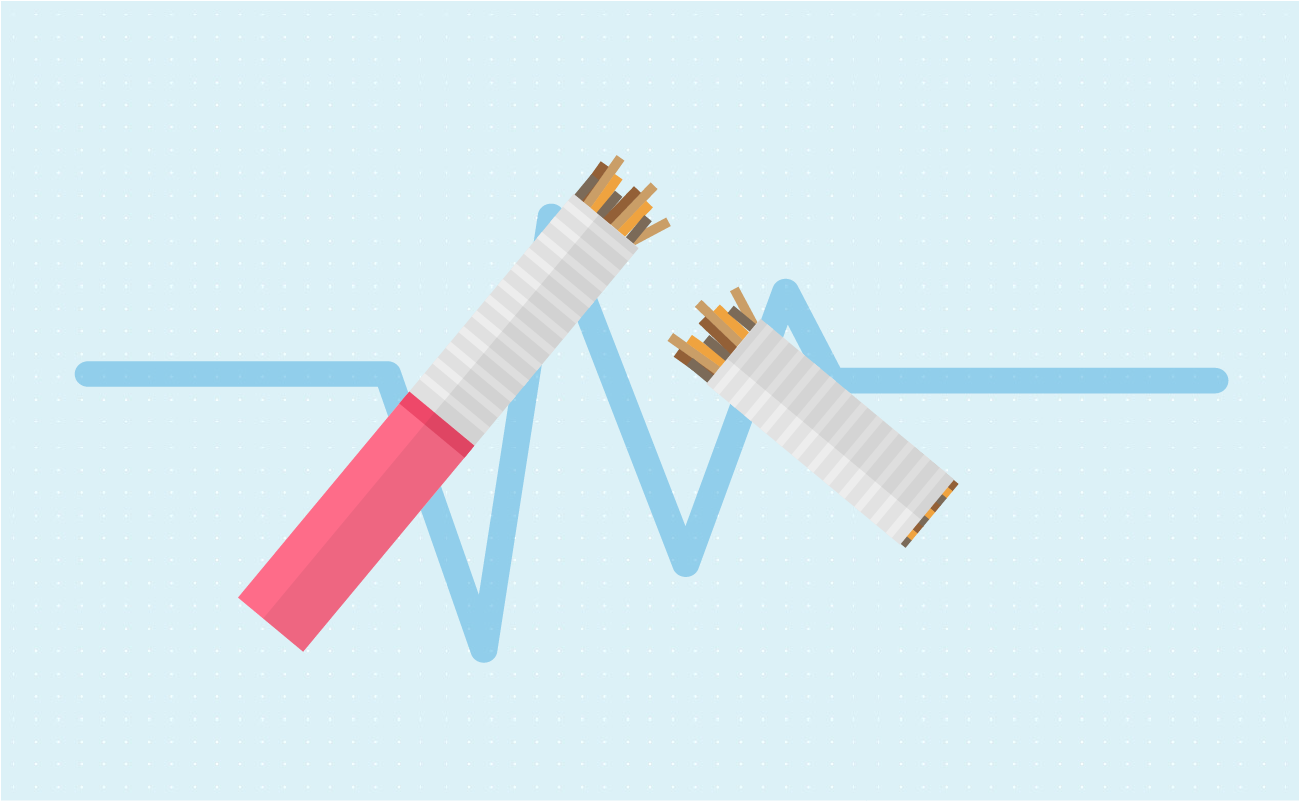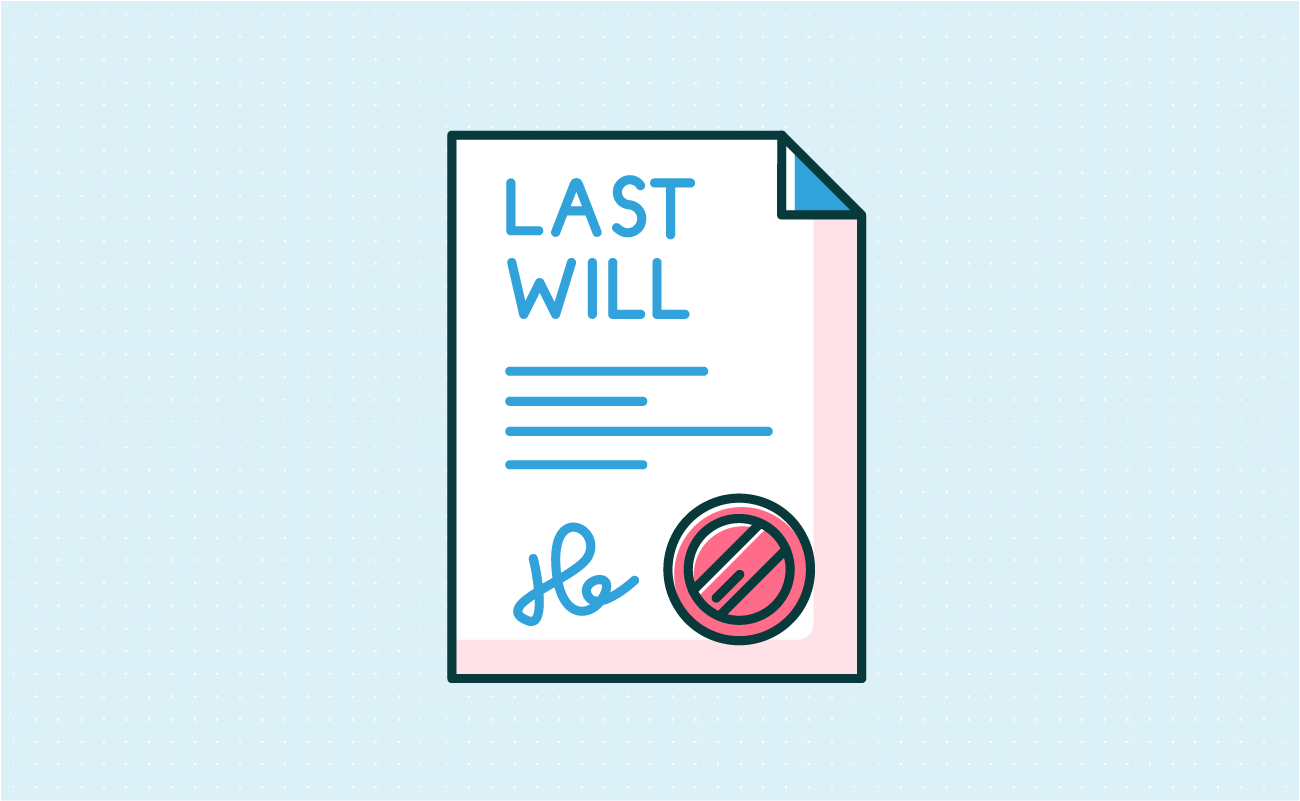Life
 Life Insurance Needs Calculator
Life Insurance Needs CalculatorThis calculator will help you to decide how much life insurance you need if your survivors invest the life insurance benefits they receive.

While this calculator makes a best effort to estimate finances the future is uncertain and every person and situation is unique. Seek the advice of a financial advisor for help selecting a life insurance policy which fits your needs.
Authored by Jose Abuyuan on November 13, 2019

Life insurance is a precautionary measure. It provides your loved ones with a financial safety net in the event of your untimely passing. The best time to consider this coverage is when you're married and in the family way.
Much of what makes life insurance a heavy decision comes from what makes it important in the first place. The curveballs of life are unpredictable and even more uncomfortable to think about. But memento mori can be a healthy part of your financial toolkit.

Expecting the unexpected can help secure the financial future of your loved ones. This coverage does not only give you invaluable peace of mind. It can motivate you to discuss the difficult financial decisions you must face later in life.
You would want an insurance policy the moment you get married and start a family. There are many reasons for this:
You may not need as much coverage if both you and your spouse have lucrative careers. Single people do not usually need to have life insurance, as do older adults. The exception is if they become the legal caretakers of a younger relative.
The amount of coverage you can afford shouldn't be the only consideration. Moreover, you need to assess the type of coverage based on the expected needs of your family. You must also assess other considerations like taxes.
To meet your family's needs in twenty years, how much coverage should an insurance policy have? Popular wisdom holds it should be ten times your annual income after taxes. In reality, you may need a whole lot more than that to cover other costs. These can include the following:
A reasonable estimate would be 15 times your income for the same period.
You can also provide for your dependents through your social security benefits. It may not be enough to cover all their needs, but it can reduce the amount of insurance you need. Factor this amount into your calculations (minus taxes) to lower your premiums.

Life insurance is not a lifelong commitment. Older adults generally do not need to worry about getting life insurance. Once your family members achieve financial independence, it no longer has a purpose. It also does not contribute to retirement. Thus, older adults do not need to get life insurance. The exception is if they become the legal guardian of their grandchildren.

Safeguarding your retirement income and the financial security of your grandchild is difficult. Thus, you should consider a life insurance policy that provides 15 years of coverage.
For most people, life insurance coverage is quite affordable. There's rarely any reason not to get a policy. Many factors influence how much money you can save when shopping for life insurance. These include age, health risks, and coverage policies.
Like most things in finance, the best time to buy life insurance is when you're young. If you are in your twenties with a family, you're in luck; a lot of companies are willing to give you an excellent rate.
Insurers take great care to measure the risk profiles of their clients. A young, fit, and healthy twenty-something isn't in great risk of premature death, after all. Other factors include job risks and unhealthy habits like drinking and smoking. Smokers can expect to pay up to three times more than the average person in insurance premiums.

But do not fret too much if you're past the young adult age bracket. There are ways to lower your premiums after you turn 30. Some insurance companies have partnered with fitness app developers to arrange policyholder incentives. They reward users who achieve health goals through the app with reduced premiums. Policyholders work harder to meet fitness goals, which lower their risk profiles.
Life insurance coverage gets pricier the older you get. In most circumstances this doesn't matter much. You would need it less as you get closer to retirement. However, there are exceptions. Grandparents may need to find coverage marketed for senior citizens.
People usually prefer to keep their premiums for any pre-need product down. This isn't always the case with life insurance.
Term life insurance is the cheaper of the two main kinds of life insurance coverage. The coverage lasts for a set number of years and expires. Its balance is redeemable only in the event of your death. The idea of paying for a policy they cannot redeem does not appeal to most people. Thus, agents would sweeten the pot by offering cash-value life insurance policies.

Cash-value life insurance offers not only coverage but also an investment product. The holder would then redeem the investment and its earnings at the end of the term. These are often eight times more expensive than term life insurance. Despite this, they remain popular with buyers.
On the surface, cash-value policies are an attractive proposition despite their higher markup. Policyholders believe that they receive an added benefit toward their retirement. This gives them the impression that they are not throwing their money away. They also have key tax advantages, which can be beneficial for some investors but not others.
As attractive as they are on the surface, cash-value policies have many drawbacks. Often, agents overstate the potential returns of the investment product. Other investments may outperform cash-value life insurance over time. The huge markups make expanding coverage prohibitive.
Moreover, disposing of the policy comes with a hefty price tag. Policyholders who drop cash-value insurance often suffer immense tax consequences. Among these is a 10 percent federal income tax for earnings withdrawn before the age of 59 and a half.
One of the main challenges is identifying a policy with competitive rates. Too many insurance agents work on a commission basis. This incentivizes the sale of lower-quality policies at inflated prices.

Term life insurance policies are easy to find. All it takes to secure a policy is a phone call or web search. Finding a good policy takes a little more work. Sometimes, securing a good policy and rate means calling a local agent you trust. Other times, you might want to get a second opinion (or a third).
It pays to compare rates between companies. This can give you a clear idea of what the standard market rates for insurance policies are. Knowledge does more than help you secure bargains. It also helps you avoid overpriced policies from less-than-scrupulous agents.
You can find plenty of good deals if you know where to look. Insurance agency quotation services like AccuQuote, ReliaQuote, and Term4Sale can help you narrow down your search. These services draw the best quotes from top-rated insurance companies. They receive commissions when you purchase insurance products from their sites. You are not obligated to buy directly from them.
Not all insurers offer quality coverage. Eric Tyson, author of Personal Finance for Dummies, lists down two key features to look for in a good term life insurance policy:
Term policies change their rates over time. Insurers do this to account for your changing risk profile as you age. This can happen annually or over an incremental period, which can range from five to twenty years.
Among the things they check during these rate changes is your health. Insurers ask for medical checks to determine if you qualify for the same rate.
You can choose how often you want to have the rates changed. For instance, you may lock your premiums for a period of several years. You pay a predictable rate and would only need fewer health examinations. Likewise, you might choose to have the rates changed yearly. This can let you lower rates and save money. Finally, you can get the best of both worlds from policies that adjust between five to ten years.
Guaranteed renewability ensures that your policy stays in place even in the sudden onset of poor health. This is a standard practice for many reputable insurers.
Sometimes, it makes better sense to buy cash-value insurance. Their tax benefits can help protect revenue-generating assets your family stands to inherit. The upfront cost can be intimidating even for successful business owners. A huge part of the initial investment from a cash-value policy goes to the agent's commission. As a result, these insurance products are pricier.
To build value and cut back on premiums, you might want to skip the middleman. You can save thousands of dollars by eliminating commission-based sales by working with companies like USAA and Ameritas.
Safeguarding your family in your absence will make you face life's unpleasant certainties. Life insurance goes hand in hand with estate and tax planning issues. These two factors play a key role in your family's long-term financial security.

Matters of death are unsettling for everyone. Thinking about your last will and testament seems strange when you're in the prime of your life. It can provide you with even more peace of mind. Estate planning ensures the smooth transfer of your assets to your descendants.
Preparing life insurance can be an excellent motivator to sort out your will early. In the event of your death, an estate plan can remove several headaches your family may encounter. Having one set up as early as possible safeguards your assets for your family. Don't forget to update your estate plan as you grow older.
Because many insurance products blur the line between insurance and investment, the taxation policies that apply to them are complex. There are, however, a few important points to remember when looking for insurance.

Keeping insurance and investment products distinct can help simplify your tax strategies. Consult a tax professional to help keep your insurance policies tax efficient.
Marriage is a tag-team partnership. One spouse will inevitably take on most of the financial planning responsibilities. If you hold this role, keep your spouse well-informed about the state of your mutual finances. This way, you can prepare them to handle your responsibilities in the event of your passing.
Jose Abuyuan is a web content writer, fictionist, and digital artist hailing from Las Piñas City. He is a graduate of Communication and Media Studies at San Beda College Alabang, who took his internship in the weekly news magazine the Philippines Graphic. He has authored works professionally for over a decade.